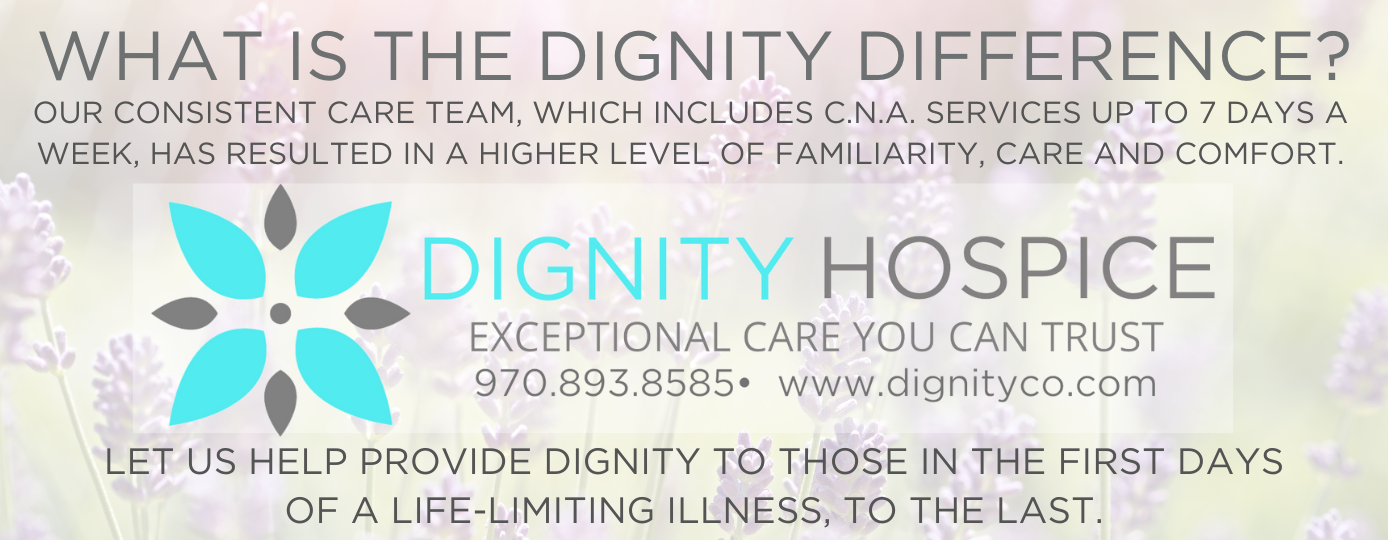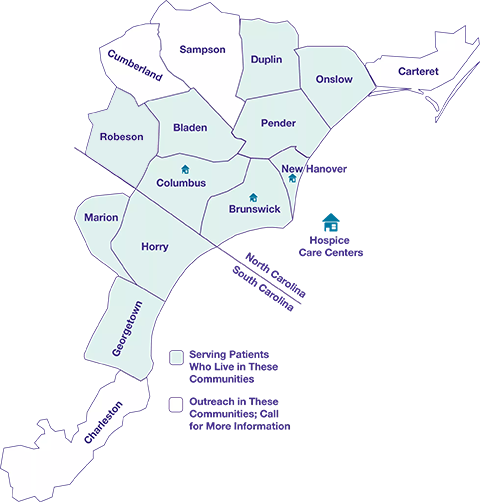
Access to free government benefits is one of the many benefits that senior citizens have. This is a great opportunity to save money for your health and other needs. This includes a range of services and programs that are specifically designed for seniors with low incomes. They include health insurance programs, Medicare Savings Programs, and even Medicare Supplemental Insurance (MSI).
These programs are available as free government benefits to seniors and are intended to assist them with their daily lives. For example, Medicare Savings Programs can help you with prescriptions, copayments, and other costs. Some of these programs can be used as a replacement for employer-sponsored medical coverage.
You can also get assistance with purchasing affordable products and treatment of diseases. Lifeline, a government-run program, provides free government phones for those who are eligible. To make your home more energy-efficient, you can apply for a home assistance grant.

Seniors can also get a free government benefit, the Commodity Supplemental Food Program. This program provides nutritious food as well as referrals to social service for low-income persons. A box of food may be delivered to you, depending on your household income. You can also receive assistance from a food pantry.
Your local Area Agency on Aging will be your best resource for information about free government benefits available to seniors. This agency usually has a website, or a number that you can dial to get assistance. You can also check with your local charities for other helpful resources.
Many other benefits are available to seniors. However, you need to consult your local government office to learn what's available. PACE, or Program of All-InclusiveCare for the Elderly, may be a program that you might qualify for. PACE offers social services for seniors over 55.
Medicare Savings Plans is another great way for seniors save money on healthcare. These programs work together with each state to identify the needs of its citizens. These programs are able to help you save money on your retirement.

Medicare Savings programs are free government benefits available to seniors 65 and over. These programs can help you save money for your health care and retirement. These programs can also help you save money on other expenses, such as college.
Supplemental security income (SSI) is another federal program that offers cash payments to low-income seniors. SSI provides basic necessities such as food, clothing and shelter for low-income seniors. If you are a senior who is blind or has a disability, the program can provide assistance.
You should choose the benefit that best suits your needs. To determine if your eligibility for any senior benefits, it's important to contact your local government offices and charities. It is possible to get money for your education or to enhance your job prospects.
FAQ
What is an infectious disease?
An infectious disease is caused either by bacteria, viruses, parasites or both. Infectious illnesses spread quickly via close contact. Measles, rubella (German measles), pertussis (whooping cold), rubella (German measles), measles), chickenpox and strep throat are just a few examples.
What are the health care services?
The most important thing for patients to know is that they have access to quality healthcare at any time. We can help you, whether you have an urgent need or a routine checkup.
There are many options for appointments. These include walk-ins, same-day procedures, emergency department visits and outpatient procedures. For those who live outside of our clinic, we also offer home care visits. If you feel uncomfortable coming to our office, we will make sure you receive prompt treatment at your nearest hospital.
Our team includes dentists and doctors as well pharmacists and nurses. We strive to make every visit as simple and painless for our patients.
What does "public health" actually mean?
Public Health refers to the preservation and enhancement of the health status of the community. Public Health is about preventing illness, injury, and disability; encouraging good health practices; ensuring adequate food; and controlling communicable disease, environmental hazards, behavioral risks, and other threats.
Statistics
- Over the first twenty-five years of this transformation, government contributions to healthcare expenditures have dropped from 36% to 15%, with the burden of managing this decrease falling largely on patients. (en.wikipedia.org)
- Consuming over 10 percent of [3] (en.wikipedia.org)
- About 14 percent of Americans have chronic kidney disease. (rasmussen.edu)
- For instance, Chinese hospital charges tend toward 50% for drugs, another major percentage for equipment, and a small percentage for healthcare professional fees. (en.wikipedia.org)
- For the most part, that's true—over 80 percent of patients are over the age of 65. (rasmussen.edu)
External Links
How To
What are the four Health Systems?
The healthcare system is complex and includes many organizations, such as hospitals, clinics. pharmaceutical companies. insurance providers. government agencies. public health officials.
The overall goal of this project was to create an infographic for people who want to understand what makes up the US health care system.
These are some key points.
-
The GDP accounts for 17% of healthcare spending, which amounts to $2 trillion annually. This is nearly twice the amount of the entire defense spending budget.
-
Medical inflation reached 6.6% last year, higher than any other consumer category.
-
Americans spend on average 9% of their income for health care.
-
Over 300 million Americans are uninsured as of 2014.
-
Although the Affordable Health Care Act (ACA), has been approved by Congress, it hasn't yet been fully implemented. There are still gaps in coverage.
-
A majority of Americans believe that there should be continued improvement to the ACA.
-
The US spends more money on healthcare than any other country in the world.
-
If every American had access to affordable healthcare, the total cost would decrease by $2.8 trillion annually.
-
Medicare, Medicaid and private insurers pay 56% of healthcare expenses.
-
There are three main reasons people don't get insurance: not being able or able to pay it ($25 billion), not having the time ($16.4 billion) and not knowing about it ($14.7 trillion).
-
HMO (health management organization) and PPO(preferred provider organisation) are the two types of plans.
-
Private insurance covers almost all services, including prescriptions and physical therapy.
-
Programs that are public include outpatient surgery, hospitalization, nursing homes, long-term and preventive care.
-
Medicare is a federal program that provides health coverage to senior citizens. It covers hospital stays, skilled nursing facility stay, and home healthcare visits.
-
Medicaid is a state-federal joint program that provides financial help to low-income persons and families who make too many to qualify for any other benefits.